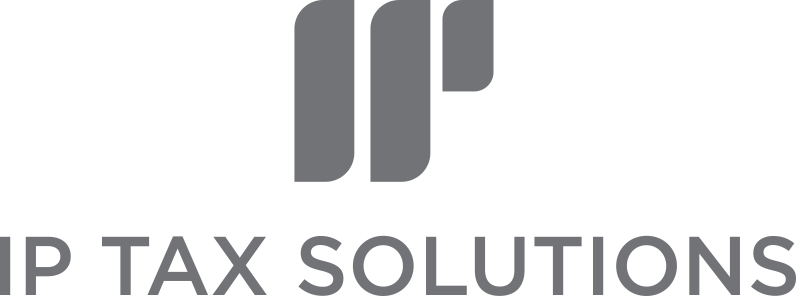How often have you found yourself pulling out of a buying decision or questioning the price of something for your business because of the short-term impact on cash flow?
You feel slightly uneasy and wonder whether incurring this expense is necessary?
Perhaps you could find the resources, skills and time to do this or make this yourself? Save a few pennies and perhaps some extra seconds...?
On the larger side, this might be for additional salary costs for new team members; new and bigger premises or say for some new state-of-the-art kit etc.
Day-to-day, it might for some extra support or consulting services, marketing spend or simply choosing 'genuine' ink cartridges for your printer (heck, I'm sure those half price fake Amazon printer cartridges will be just as good as the genuine ones....!?!)
How we think and perceive these costs is essential. The lens through which we view them:
The key is to recognise that some costs such as the above examples should be viewed as 'investments' in your business. Investments that have the potential to have enduring value - this is "Balance Sheet Thinking".
Balance Sheet Thinking understands that the exchange of value for certain costs will many times exceed the cost in their long-term value to your business. Increasing its equity and capital value in the process.
It is just a shame that today's accounting conventions fail to make this distinction.
Aside from capital fixed assets (such as PCs, furniture etc), the remaining costs listed above generally get 'written off' or 'expensed' to the P&L.
And this is where we risk falling into the trap of mistaken thinking...
We see what should be considered 'investments' as 'expenses' only, and this can have a negative impact on our decision-making leading to short term "P&L Thinking".
P&L Thinking often leads to missed opportunities along the lines of "Thanks, but no thanks". You think that you can't afford it (when the better question might be: "can you afford not to invest in it?"). Or you choose the cheaper option.
It is not only cash transactions where this distinction is important - it can also apply in relation to other factors: such as time.
For example, is time spent training staff a wasted expense or an investment in the future? I would argue the latter.
Yet so often we fall into the trap of thinking to ourselves, "I'll do that task myself as it'll be quicker than delegating it and having to explain how to do it". This is classic "P&L Thinking".
Think of the investments that you can make in your business every day to improve and increase its equity value. This is the essence of Balance Sheet Thinking.



